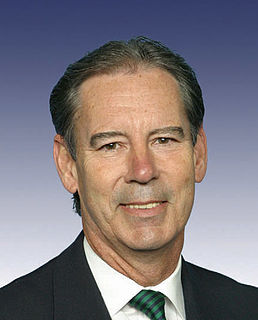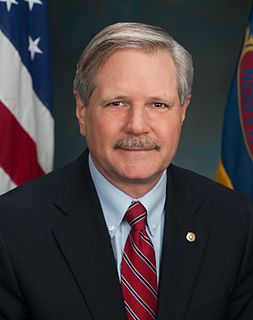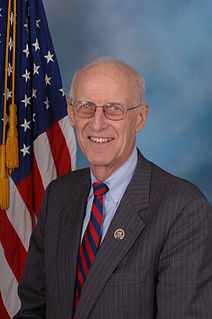A Quote by Brian Deese
When it can be done safely and appropriately, U.S.-produced oil and natural gas is important, and domestic production has energy security benefits over importing those fuels.
Related Quotes
The transition from coal, oil, and gas to wind, solar, and geothermal energy is well under way. In the old economy, energy was produced by burning something - oil, coal, or natural gas - leading to the carbon emissions that have come to define our economy. The new energy economy harnesses the energy in wind, the energy coming from the sun, and heat from within the earth itself.
Bitumen is junk energy. A joule, or unit of energy, invested in extracting and processing bitumen returns only four to six joules in the form of crude oil. In contrast, conventional oil production in North America returns about 15 joules. Because almost all of the input energy in tar sands production comes from fossil fuels, the process generates significantly more carbon dioxide than conventional oil production.
Natural gas obviously brings with it a number of quality-of-life environmental benefits because it is a relatively clean-burning fuel. It has a CO2 footprint, but it has no particulates. It has none of the other emissions elements that are of concern to public health that other forms of power-generation fuels do have: coal, fuel oil, others.
































